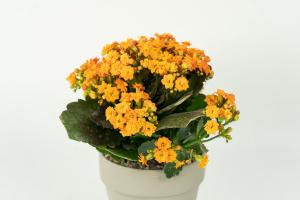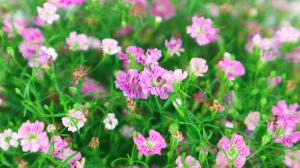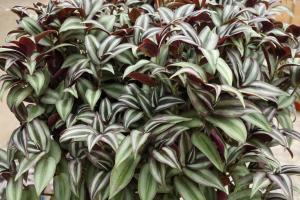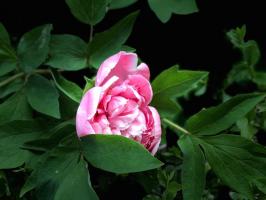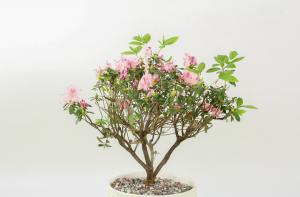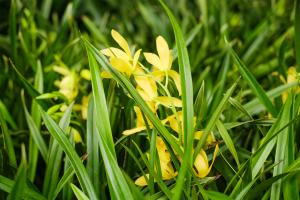Formaldehyde absorption
1. Phyllostachys pubescens
It can be said that Phyllostachys pubescens is an indoor flower with the strongest ability to absorb formaldehyde. Within 2 hours, it can absorb 90% formaldehyde in a fixed space, benzene and other volatile harmful gases

Key points of maintenance:
Like to be wet. Usually water 1-2 times a week to keep the basin soil moist. Spray water on the leaves and around in the morning and evening to moisturize
2. Duck palm wood
Duck's paw wood, also known as goose's paw firewood, can reduce the concentration of formaldehyde by 9 mg per hour, and also has a certain purification effect on nicotine and other harmful gases
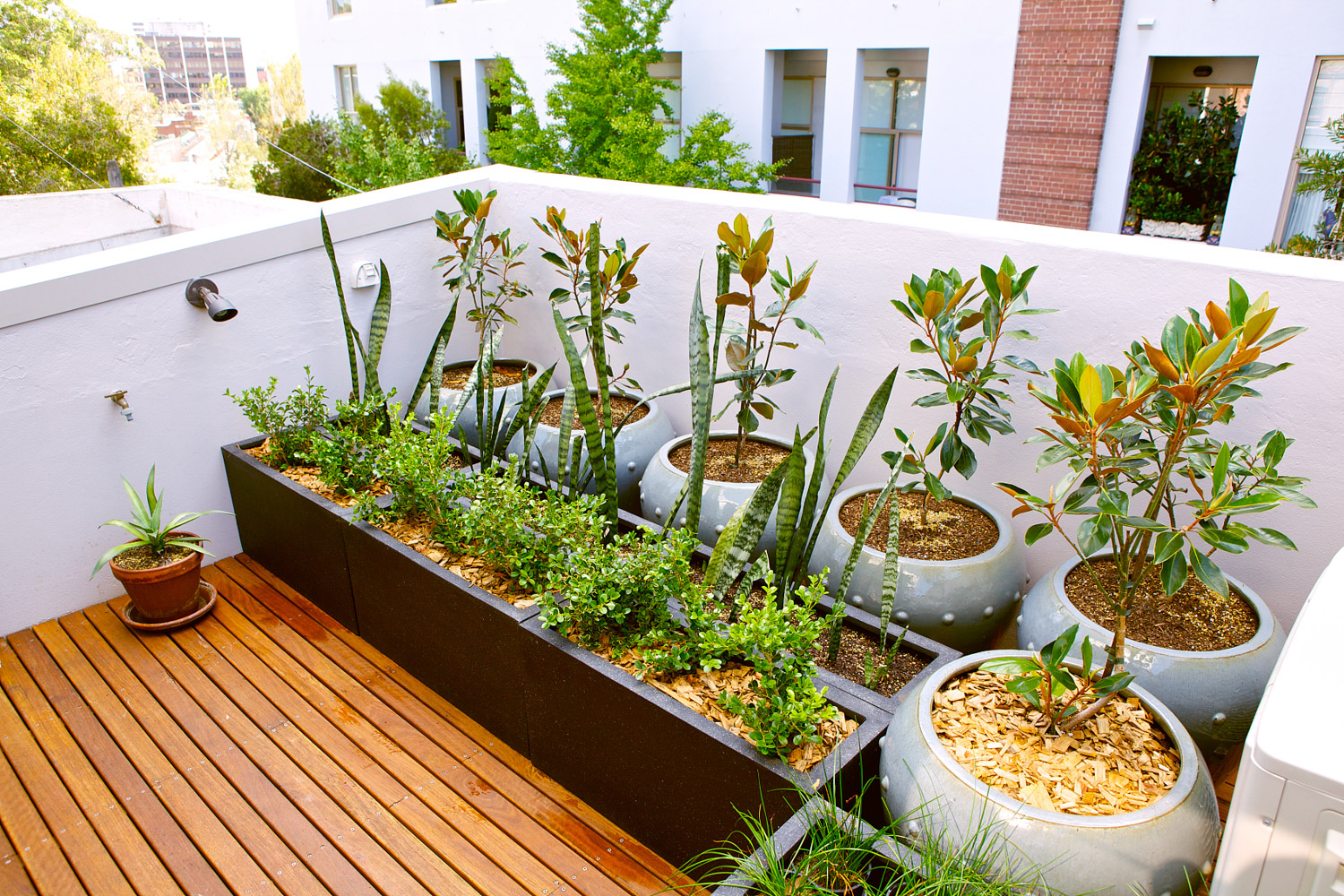
Key points of maintenance:
It is drought resistant. It is better to water dry than wet. The surface of the basin soil turns white and dry, and then water it. Put it in a ventilated and astigmatic place
3. Rhododendron
The absorption capacity of Rhododendron to formaldehyde is second only to turtle backed bamboo and duck palm wood. It can also absorb ammonia in the air and has a certain dust retention function
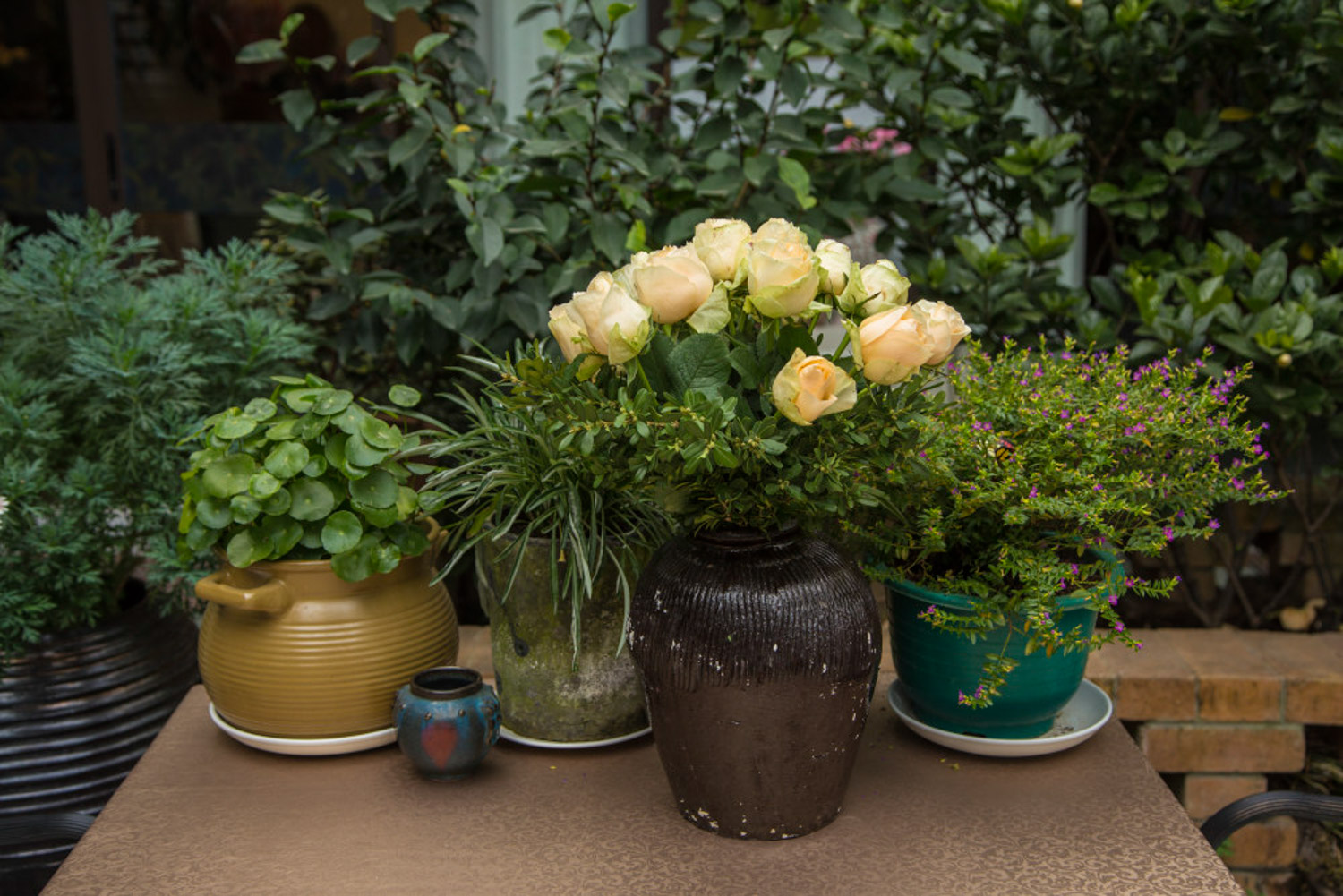
Key points of maintenance:
If you like acidic soil, you can use pine needle soil for maintenance. You can put it on the south balcony indoors for maintenance. You like humidity and water it in time, but don't accumulate water
Smoking secondhand smoke
1. Ivy
The pores on ivy leaves can absorb nicotine, formaldehyde and benzene, convert them into harmless substances, and absorb the smoke produced by cigarette combustion
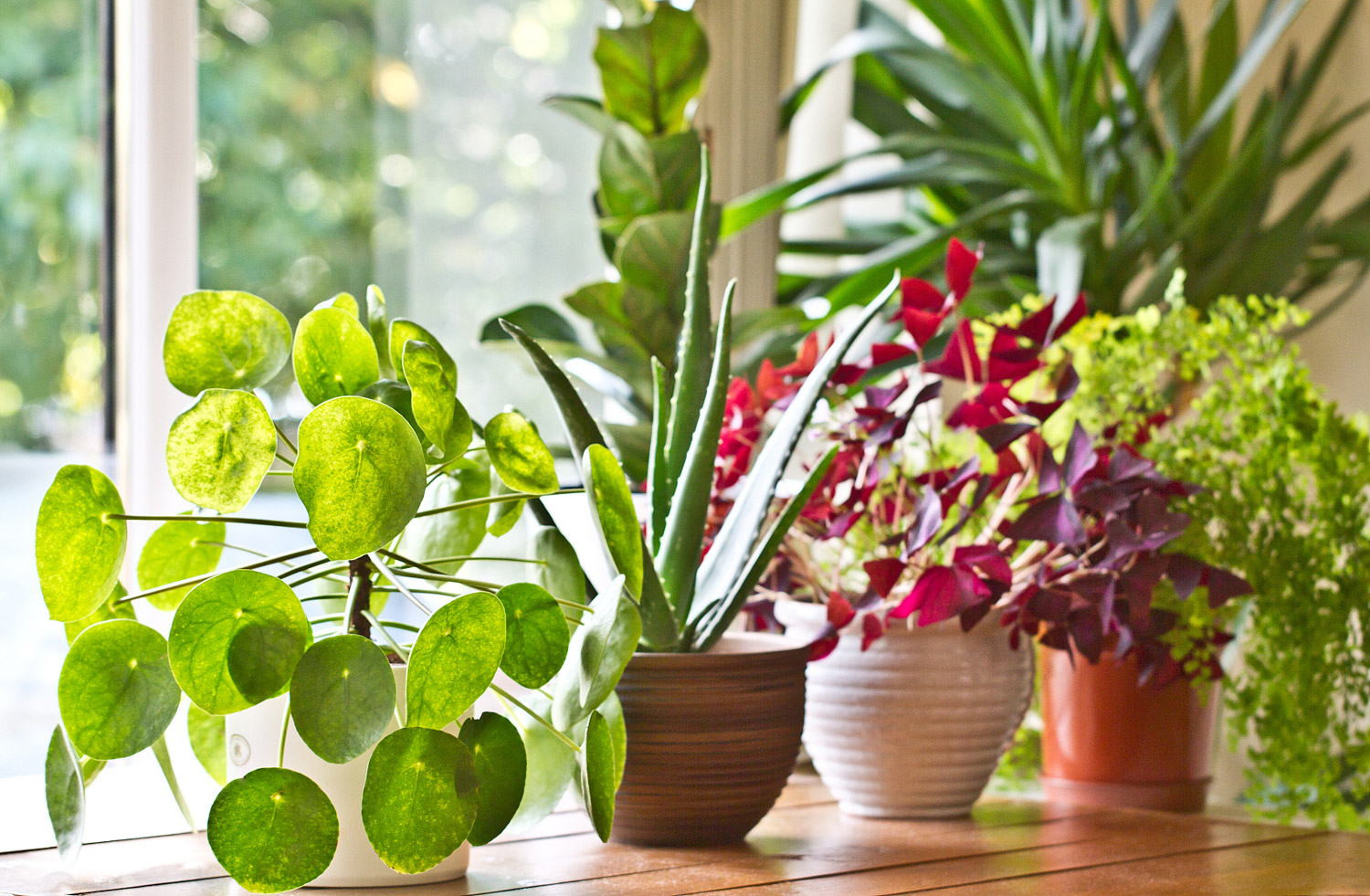
Key points of maintenance:
Astigmatism can be placed on the East-West balcony and living room. When watering, see dry and wet. Apply bean cake fertilizer once a half month and spray more water
2. Drug herb
Drug abuse grass can absorb nicotine produced by cigarettes and convert it into harmless substances. It can also purify benzene and other harmful substances in the air
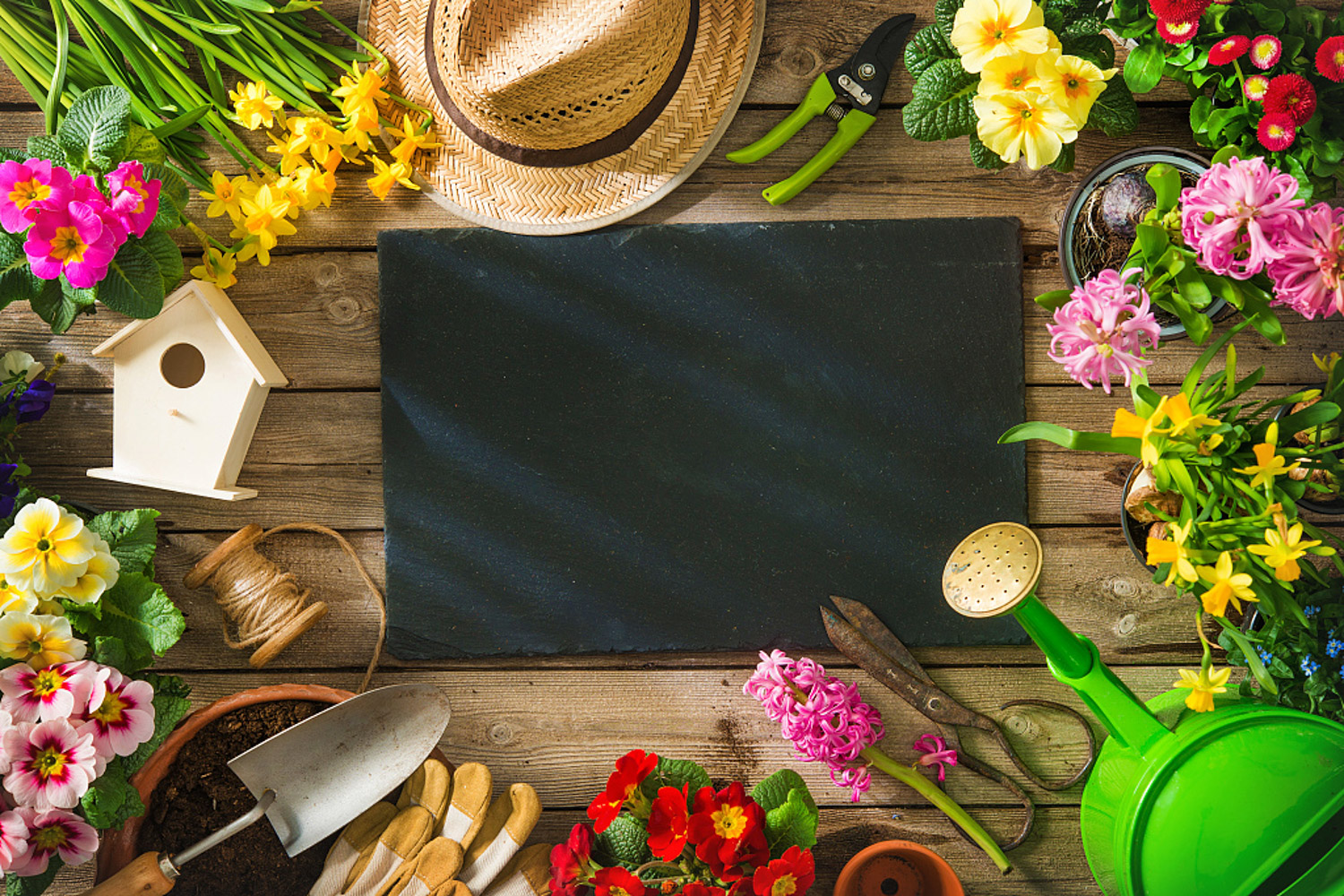
Key points of maintenance:
Like to be wet, water once every 3-5 days, or when you see the leaves wilt, water with clean water or rice washing water. It grows very fast, and the branches and cuttings are easy to live
3. Adiantum
Adiantum can absorb nicotine, carbon monoxide and other harmful substances produced in the process of smoking. It can be called a biological purifier
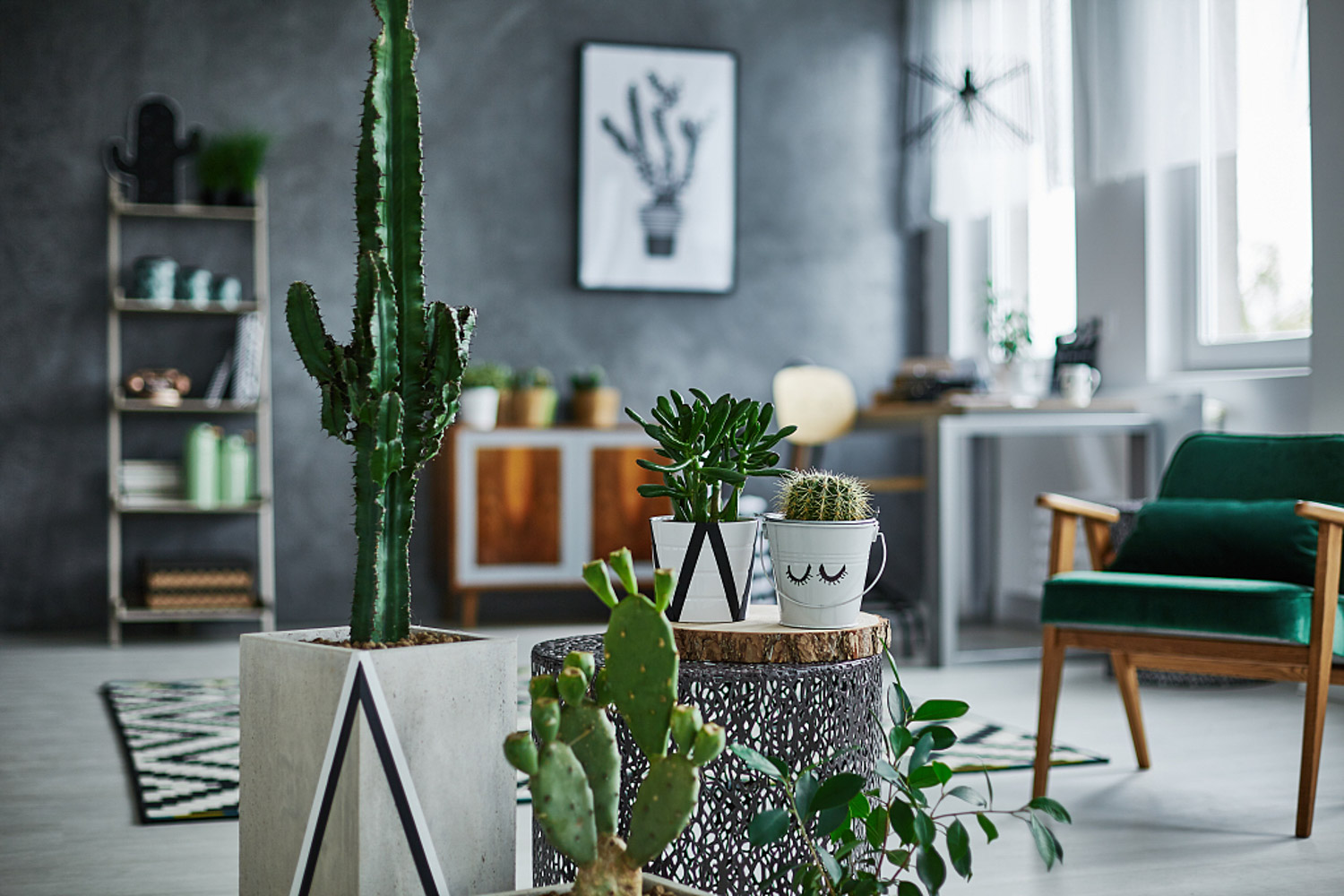
Key points of maintenance:
Like to be wet, keep the soil slightly moist, and spray water on the leaves every day. Shade resistant, placed on the East-West balcony or north balcony for maintenance, and applying compound fertilizer once a month will grow more vigorously
Smoke and haze
1. Dragon blood tree
Dragon blood tree has dense leaves and has strong dust retention and air purification ability, especially red edged dragon blood and fragrant dragon blood trees. In addition, they can also absorb formaldehyde, xylene and trichloroethylene
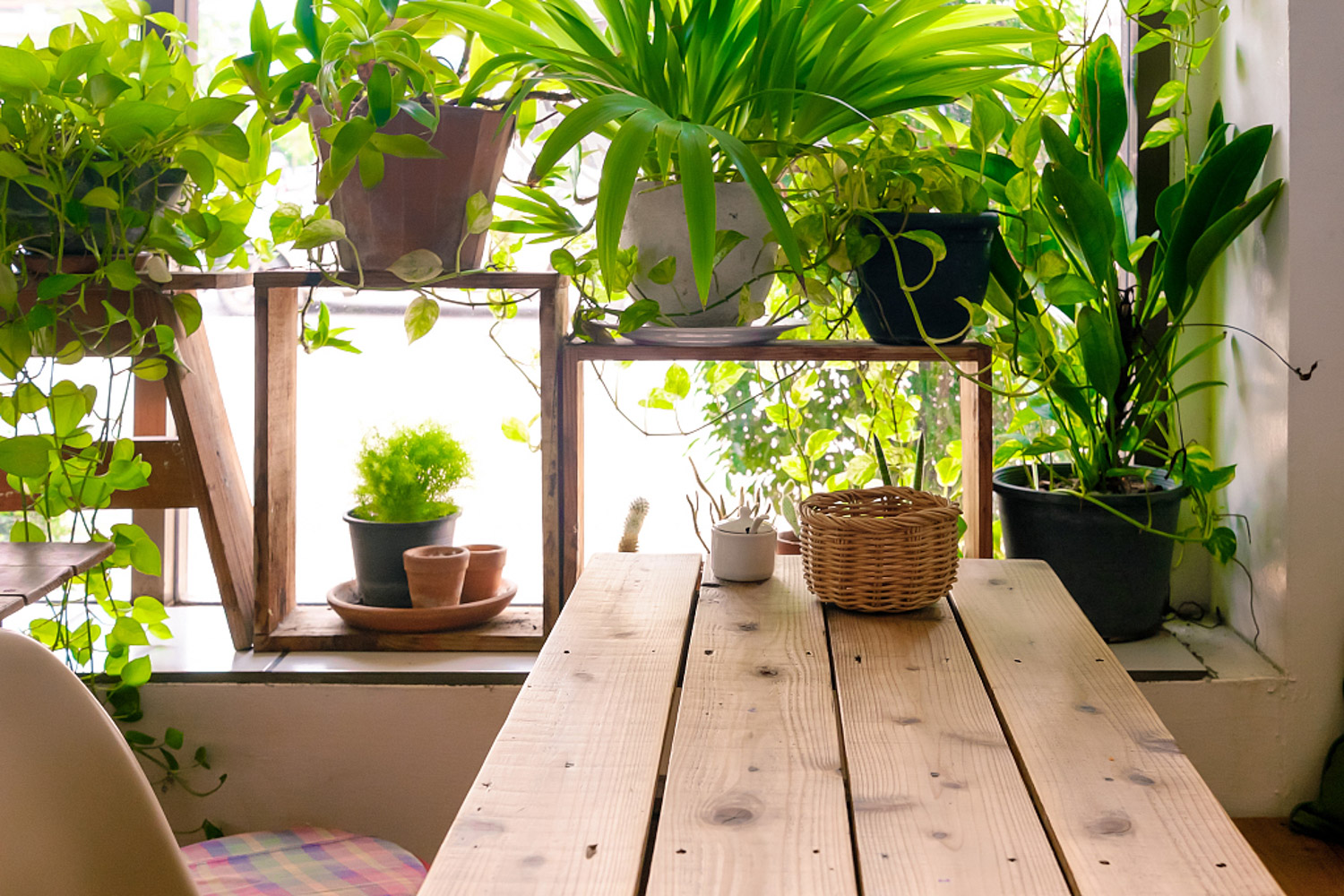
Key points of maintenance:
Strong drought resistance. Keep the basin soil slightly dry. Water it 2-3 times a month. It is shade resistant. Just put it on the Nanyang platform indoors. Don't expose it outdoors
2. Malachite taro
Peacock bamboo taro has not only large leaves, but also fine fluff on the surface. It has a very good dust retention function and can effectively absorb harmful gases such as haze, toluene and formaldehyde in the air
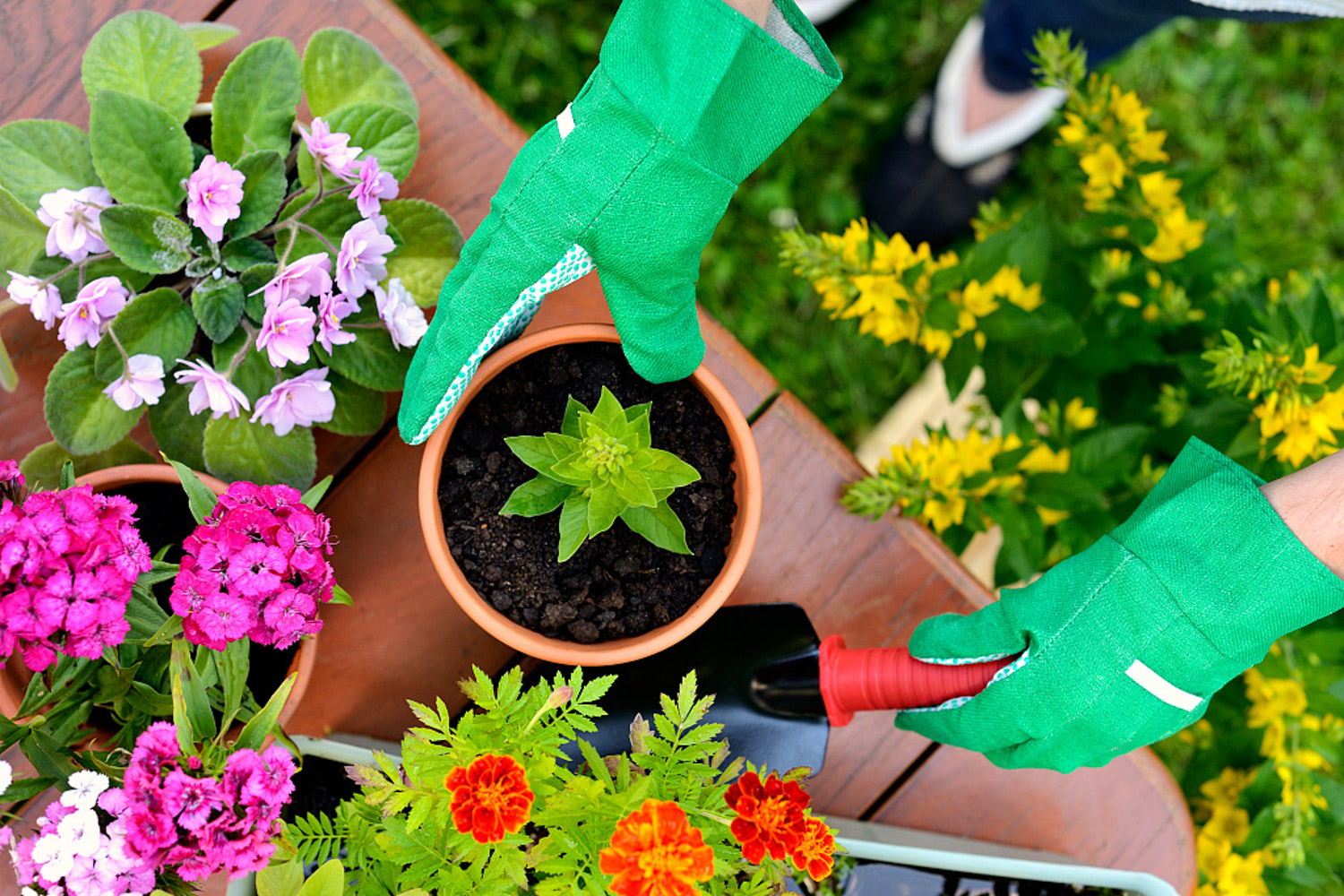
Key points of maintenance:
Strong shade resistance, indoor balcony, living room and bedroom can be placed, do not expose to the sun. Like moist, keep the basin soil slightly moist, but don't accumulate water. Control watering in winter to keep the basin soil slightly dry
3. Potted banyan
Banyan potted plants, especially high mountain banyan and ginseng banyan, also have great air purification function. Dense leaves can supplement water to the air through transpiration, retain dust, and effectively absorb sulfur dioxide and chlorine in the air

Key points of maintenance:
Xiguang, put it on the south balcony for maintenance. When you see that the basin soil turns white, water it, and then pour it through. Mix more sand in the basin soil to prevent ponding. Keep it close to the window and keep it ventilated
Automobile exhaust
1. Moss
Moss is a hot scavenger to deal with automobile exhaust. Researchers from Bonn University found that moss of 1 square meter can absorb 20 grams of automobile exhaust particles after long-term observation and experiment, and it can also absorb the toxic component ammonia in automobile exhaust and convert it into biomass
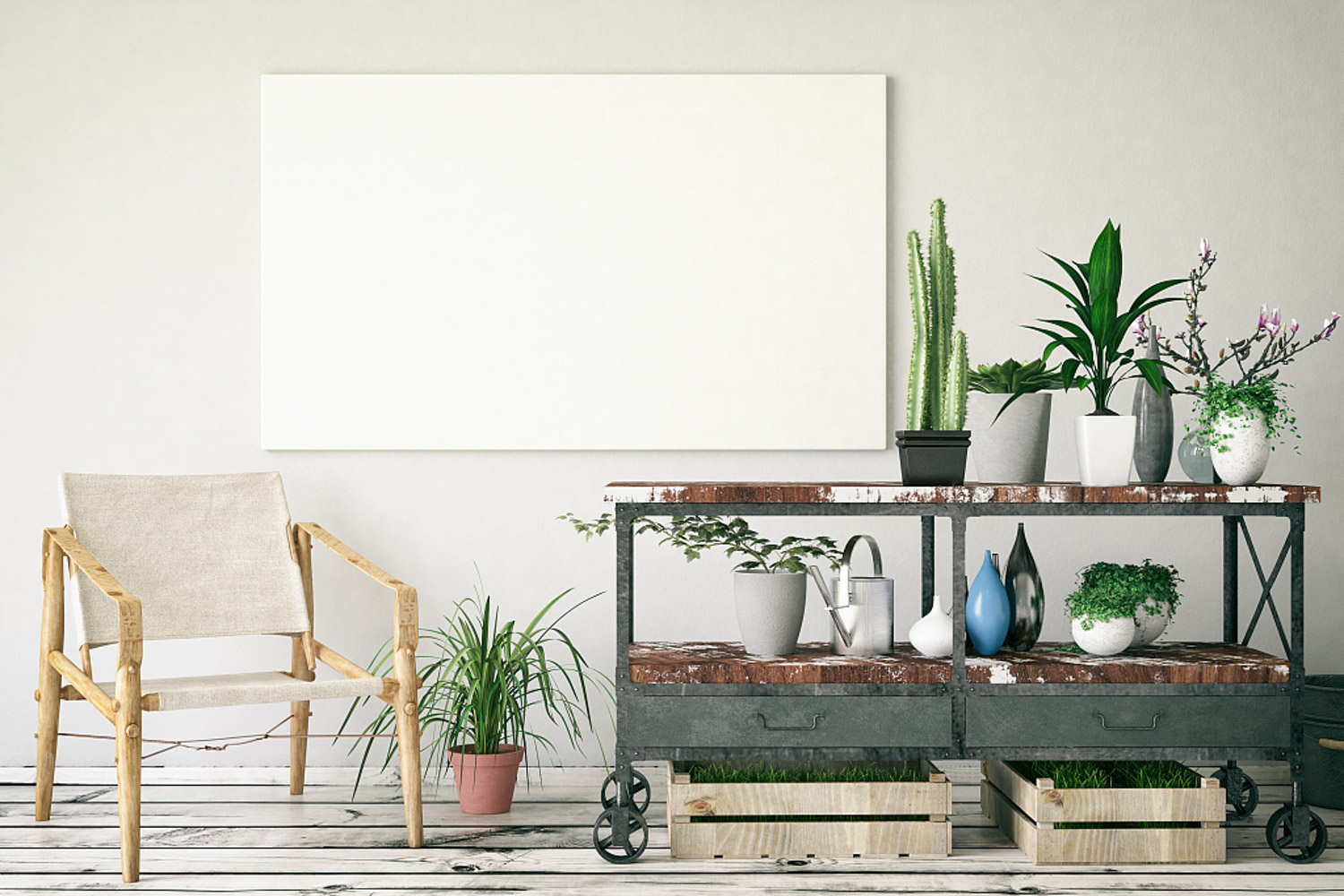
Key points of maintenance:
Moss is very common in the corner and roadside. Just dig some and raise it at home. Moss likes to be moist. Spray water on it every day to moisturize it. Keep it in a cool place with astigmatism and do not expose it to the sun
2. Milan
It can absorb sulfur dioxide, chlorine and carbon dioxide in automobile exhaust, and it will emit volatile oil with bactericidal effect after flowering, which is beneficial to human health
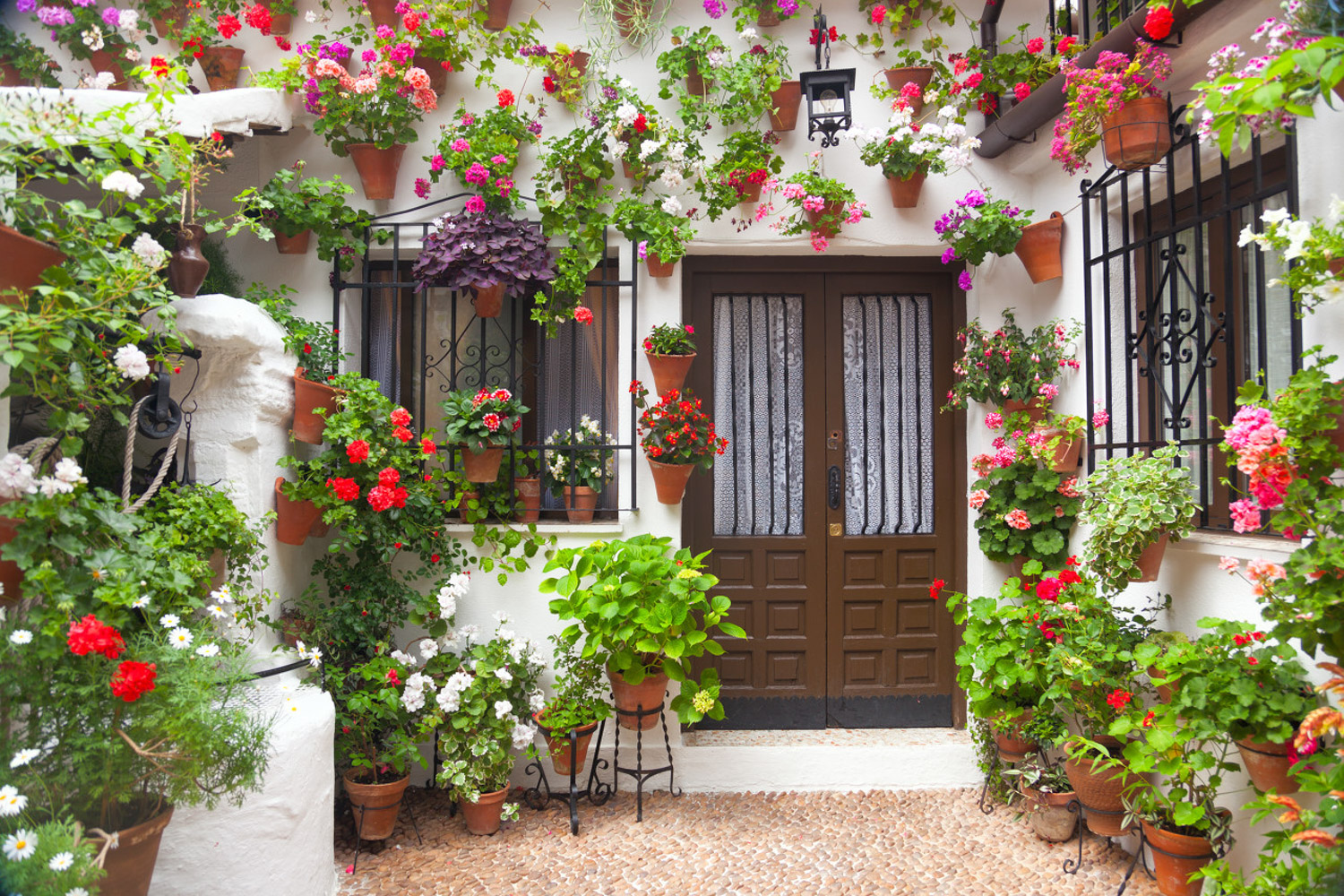
Key points of maintenance:
Like sunshine, put it in a sunny place. Like to be wet. The basin soil should be slightly wet for a long time, but don't accumulate water. Apply peanut cake fertilizer or compound fertilizer once a month in spring, summer and autumn. Don't apply too much nitrogen fertilizer
3. Monophyllum
Magnolia has wide leaves, which can not only absorb dust, but also absorb carbon dioxide and hydrogen fluoride in the air
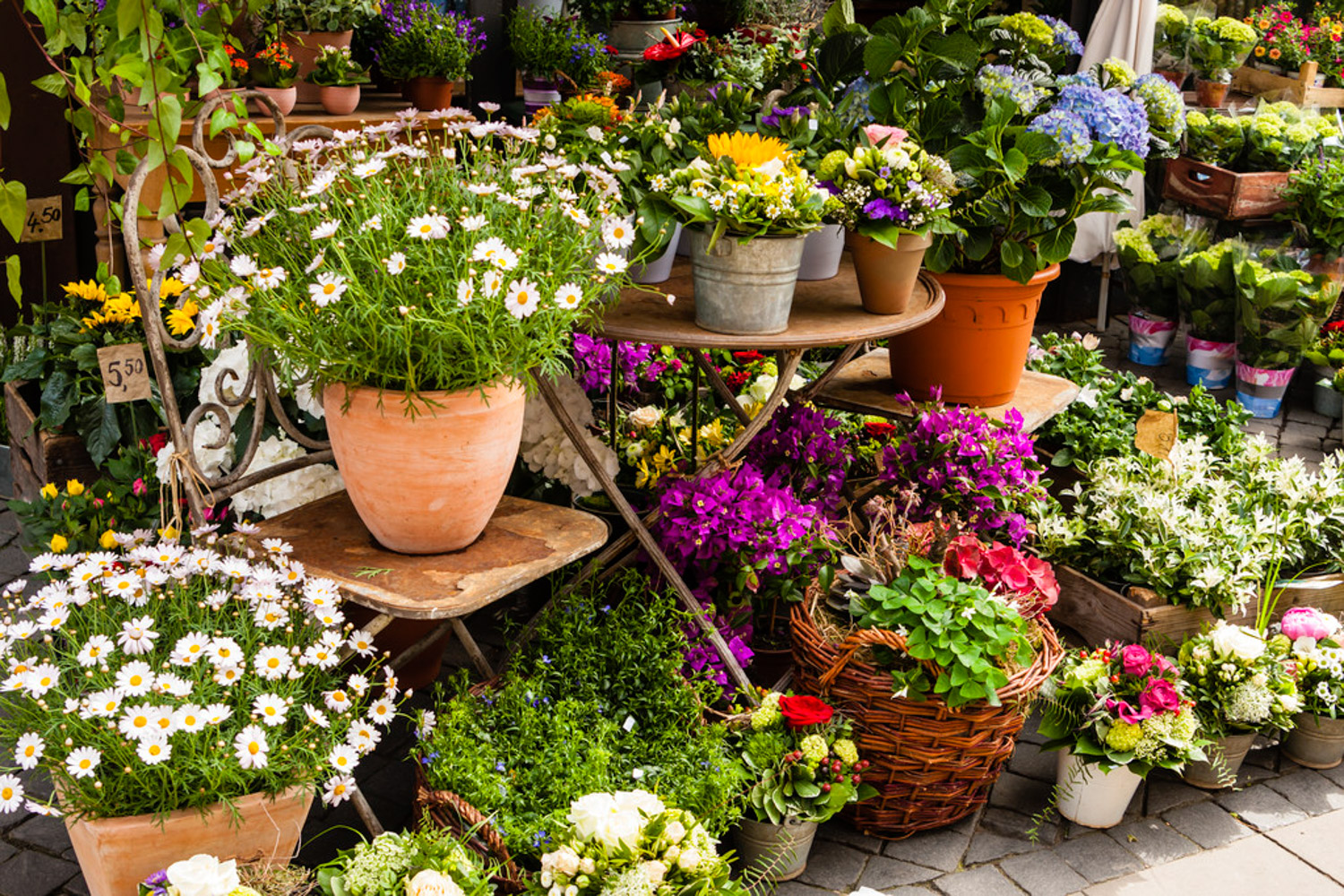
Key points of maintenance:
I like wet environment and drought resistance. I don't want to dry or pour water. I don't want to accumulate water. It is shade resistant and can be cured indoors. Do not expose to the sun
Oil fume
1. Green Rose
Green pineapple can absorb harmful substances in kitchen smoke and trichloroethylene, formaldehyde and benzene in the air. Moreover, the humidity in the kitchen is great, which is suitable for the growth of green pineapple
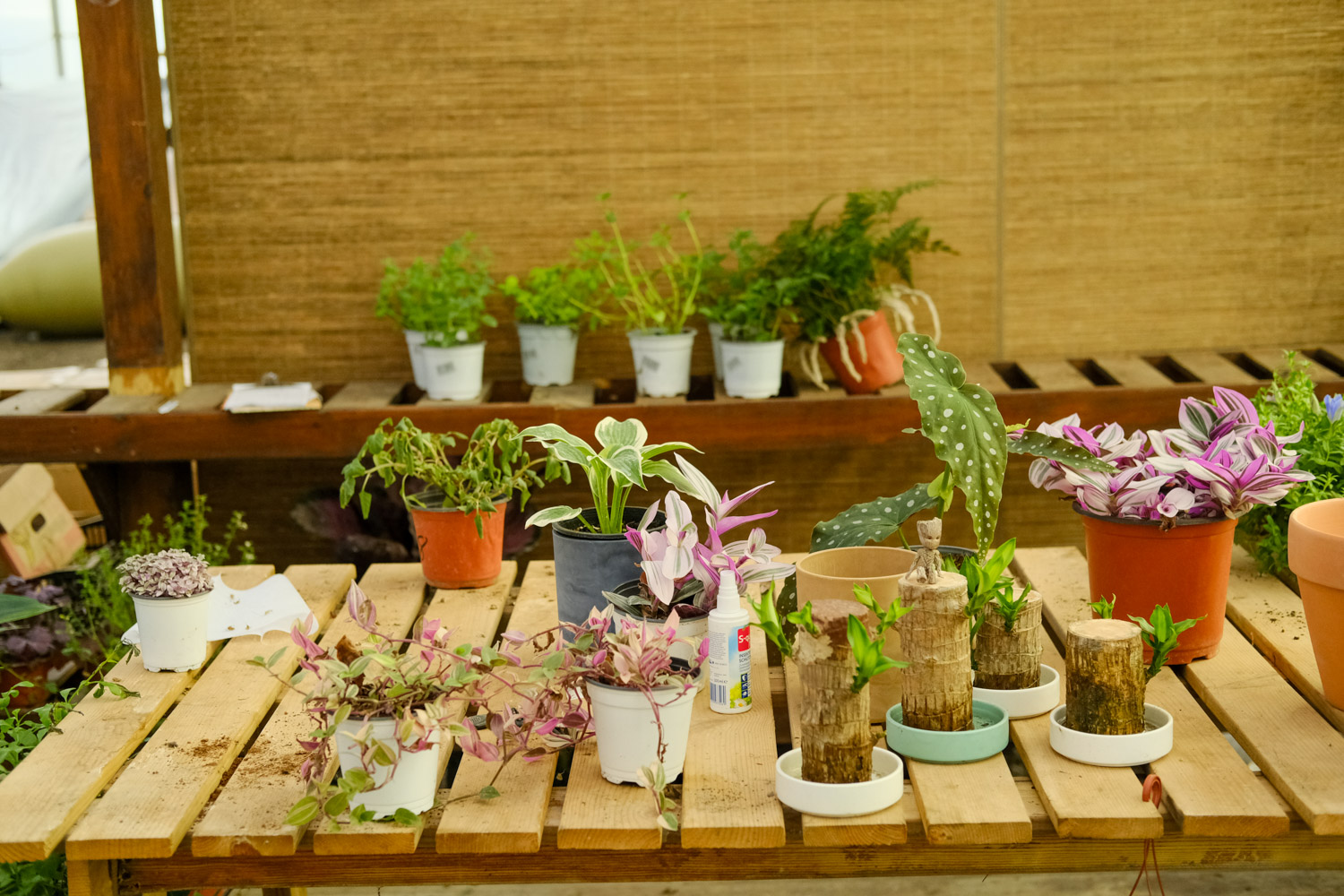
Key points of maintenance:
Like wet, water 1-2 times a week, and grow faster with rice washing water. Usually spray water on the leaf surface to keep the leaves green. Astigmatism curing, avoid too much shade
2. Cold water flower
Cold water flower can absorb pollutants and toxic substances in the air, and is strong in nature. It can also live in a kitchen with poor ventilation and light

Key points of maintenance:
Cold water flower is drought resistant. It is usually watered when the pot soil is dry and cracked. It will grow faster and better if it is placed in a place where the light of the kitchen is better
3. Banyan leaf
Banyan with large leaves can not only absorb dust and oil fume in the air, but also absorb dust and second-hand smoke
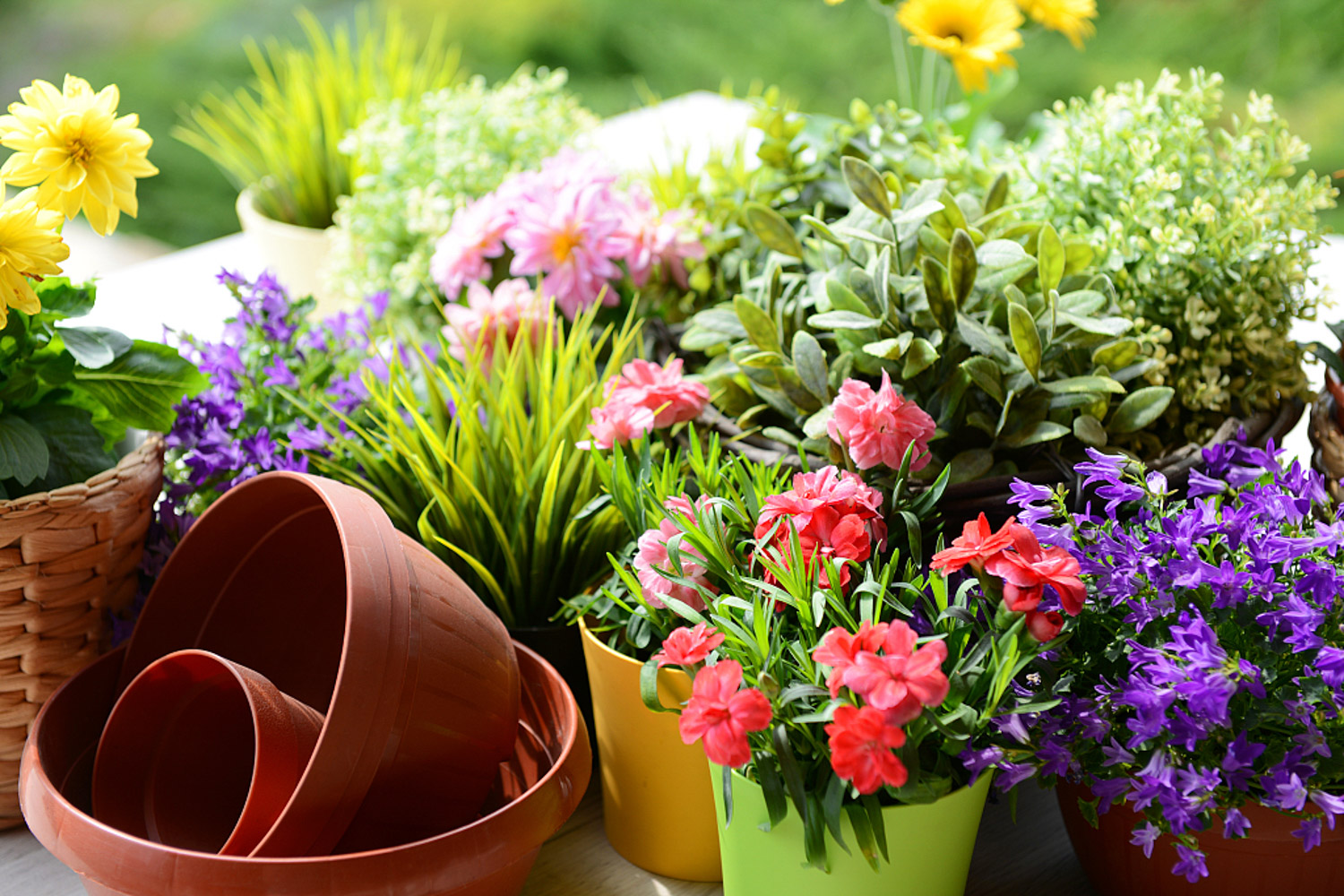
Key points of maintenance:
Banyan has high branches and large leaves. It can absorb dust and oil fume in the air, and also has a certain absorption effect on second-hand smoke and dust. It can also absorb harmful gases such as flue gas, increase the content of negative ions in the air and improve the air temperature
Reduce electromagnetic radiation damage
1. Cactus
Cactus can not only reduce the harm of electromagnetic radiation to human body, but also absorb dust and purify air. One tree can be arranged in front of the computer desk

Key points of maintenance:
For fear of waterlogging, water 1-2 times a month. If conditions permit, put it in a well lit place to bask in the sun and grow faster
2. Millennium wood
The leaves and roots of Millennium wood can effectively absorb trichloroethylene, benzene and formaldehyde, and also reduce the harm of electromagnetic radiation to human body
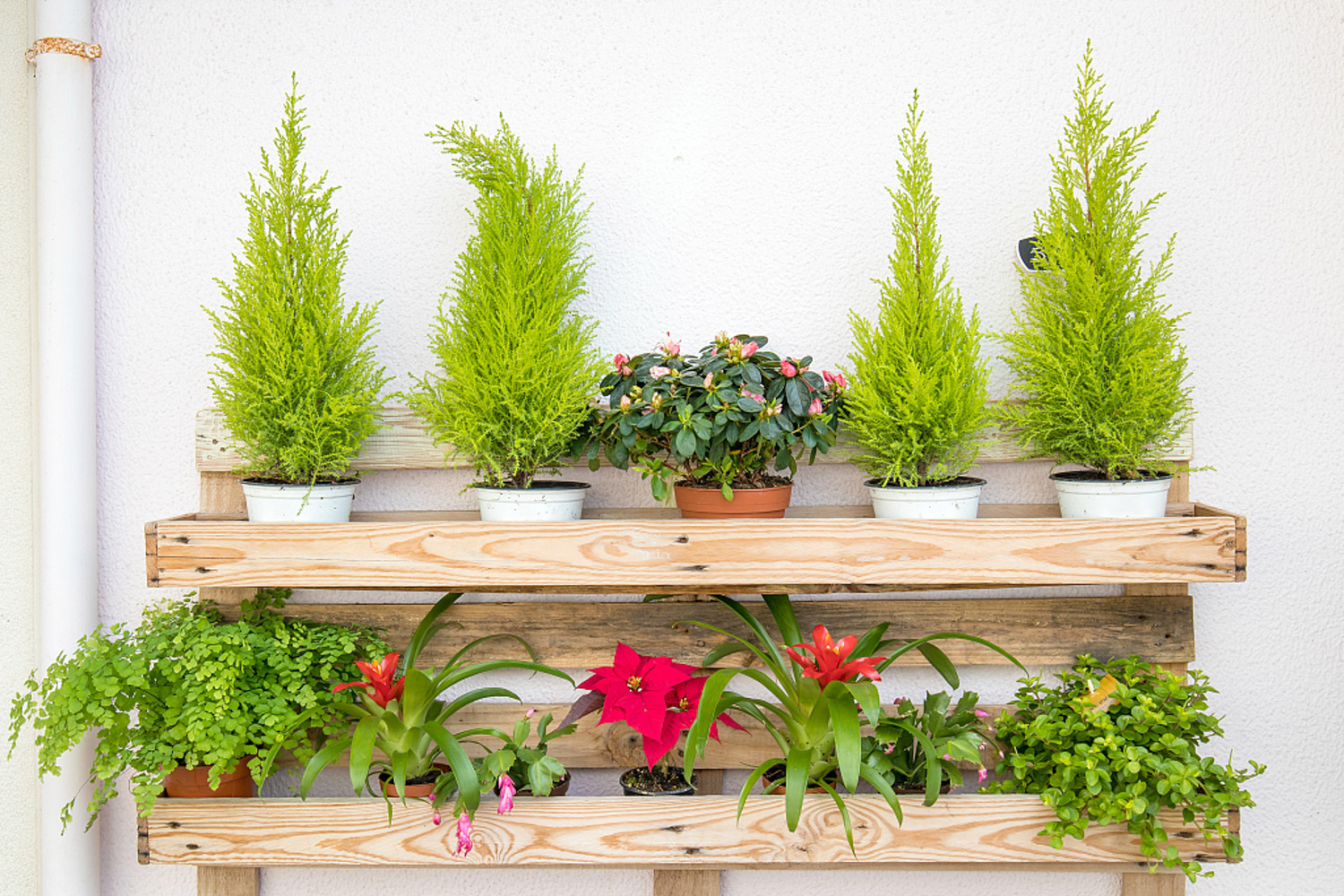
Key points of maintenance:
Like moist, keep the soil slightly moist. Like astigmatism environment, do not expose to the sun. Spraying more water on the leaf surface can prevent dry tip
3. Celestial ruler
It can absorb radon and formaldehyde, which can also reduce the total harm of radon and formaldehyde
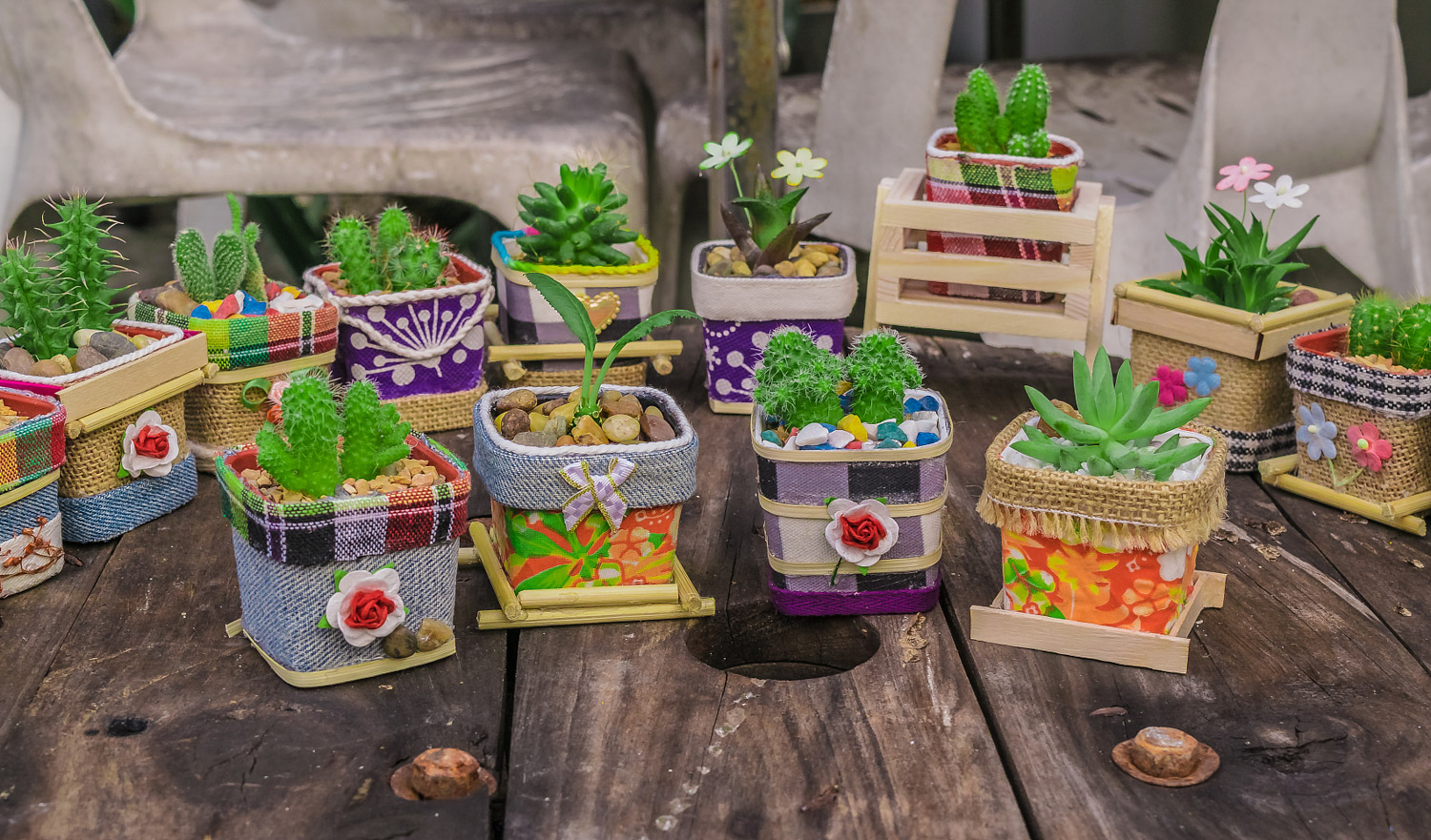
Key points of maintenance:
Like the sun, more sun. Drought tolerance and waterlogging resistance, and the soil is mixed with sand to prevent rotten roots. Apply rotten liquid fertilizer once every half a month
Adsorbed dust
1. Rubber tree
Rubber trees have wide leaves and very fine fluff, which can effectively absorb dust and dust in the air, as well as harmful gases such as carbon monoxide and hydrogen fluoride
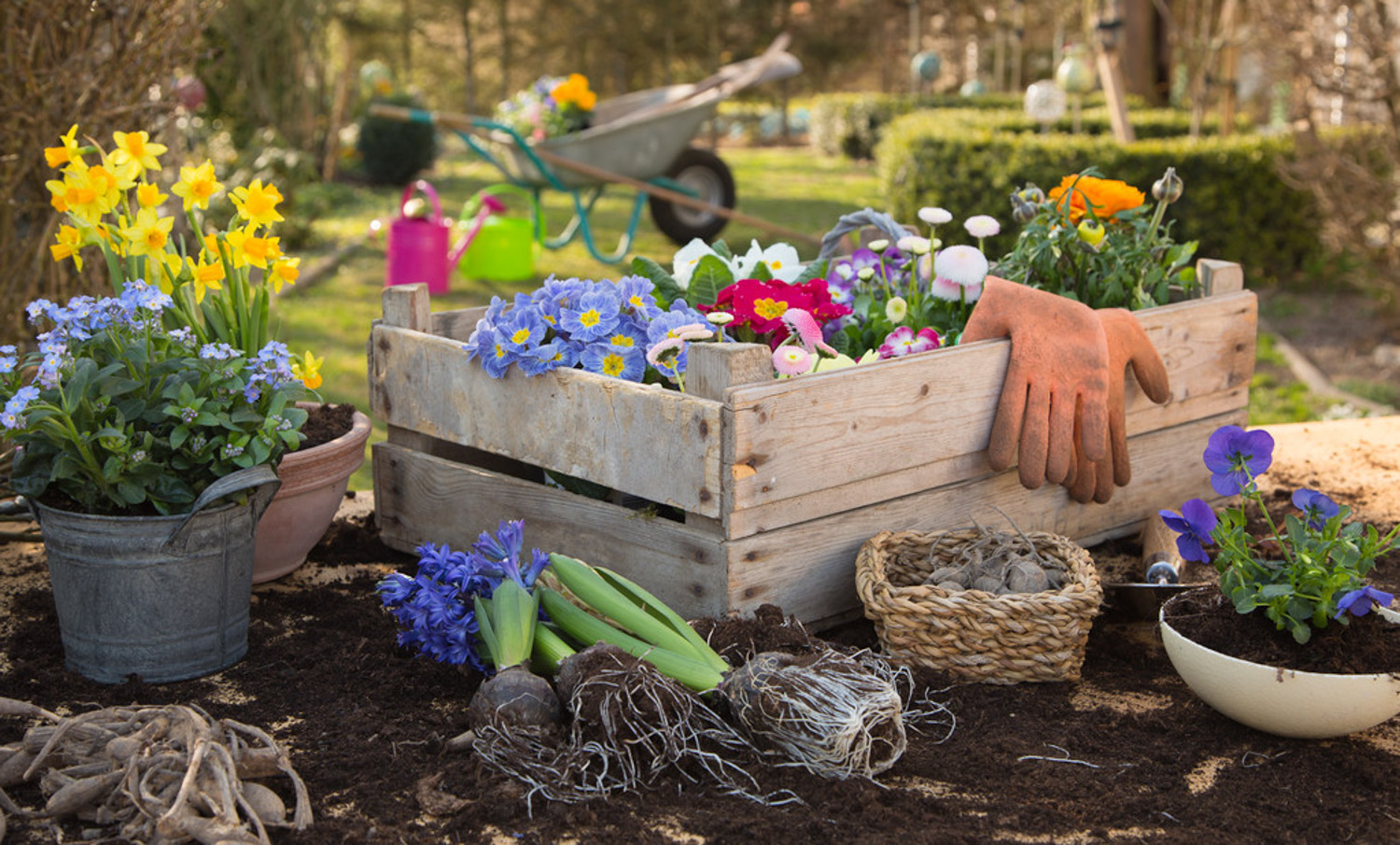
Key points of maintenance:
It has strong drought resistance, and the surface of the basin soil is white. When it is very dry, it can be watered. Place it in a place with sufficient light to avoid overgrowth. After overgrowth, it can promote the germination of lateral branches through short cutting
2. Brazilian wood
Brazilian wood not only has broad leaves and strong dust retention function, but also can absorb benzene, trichloroethylene, sulfur dioxide and other harmful gases in the air
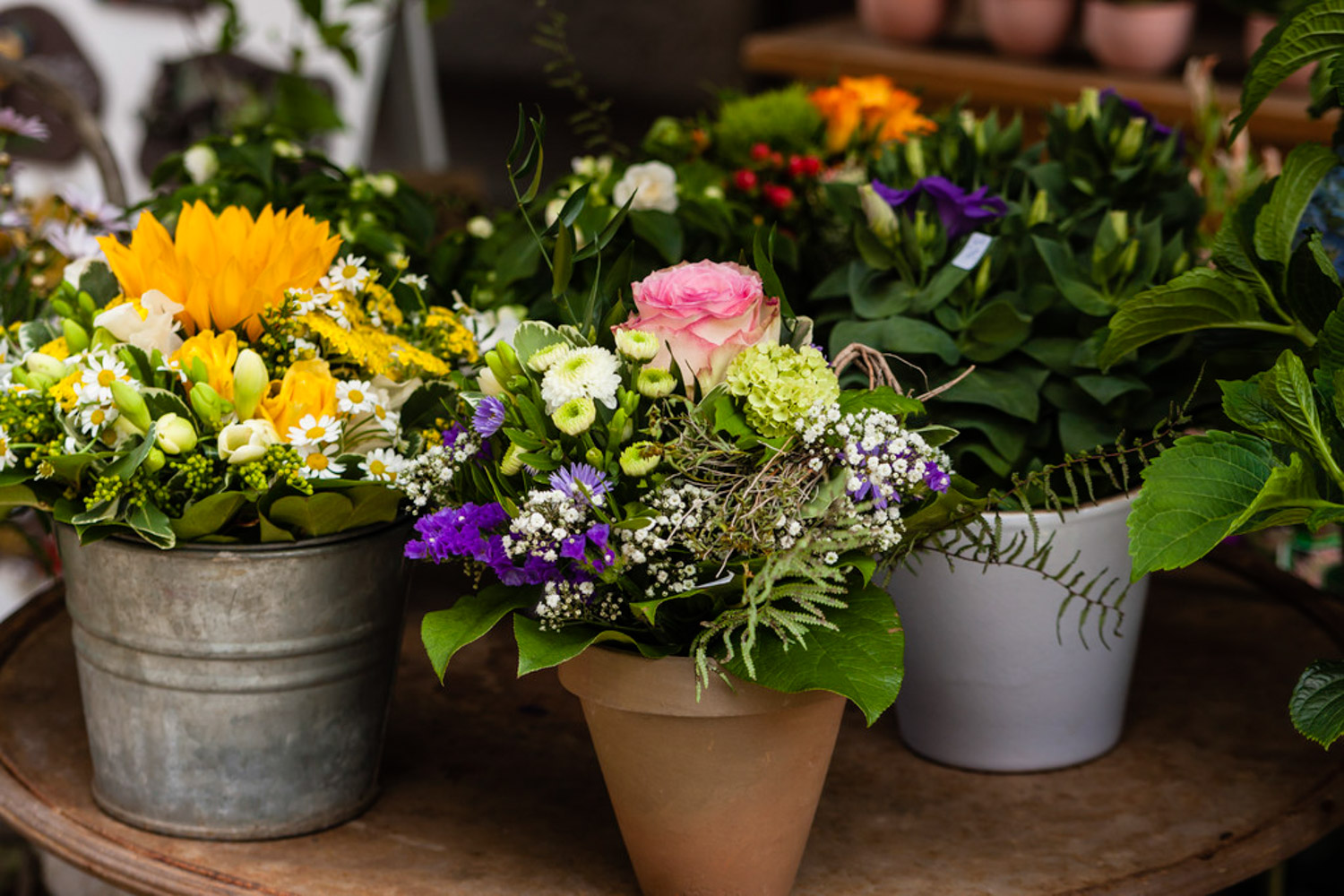
Key points of maintenance:
It has strong drought resistance. Generally, it can be watered 2-3 times a month. Spray more water on the leaves to moisturize, and throw several compound fertilizer particles into the basin every month
3. Clivia
Clivia leaves are thick and broad, contain a lot of fluff and pores, and can secrete a lot of mucus, absorb the smoke and dust in the air and purify the air
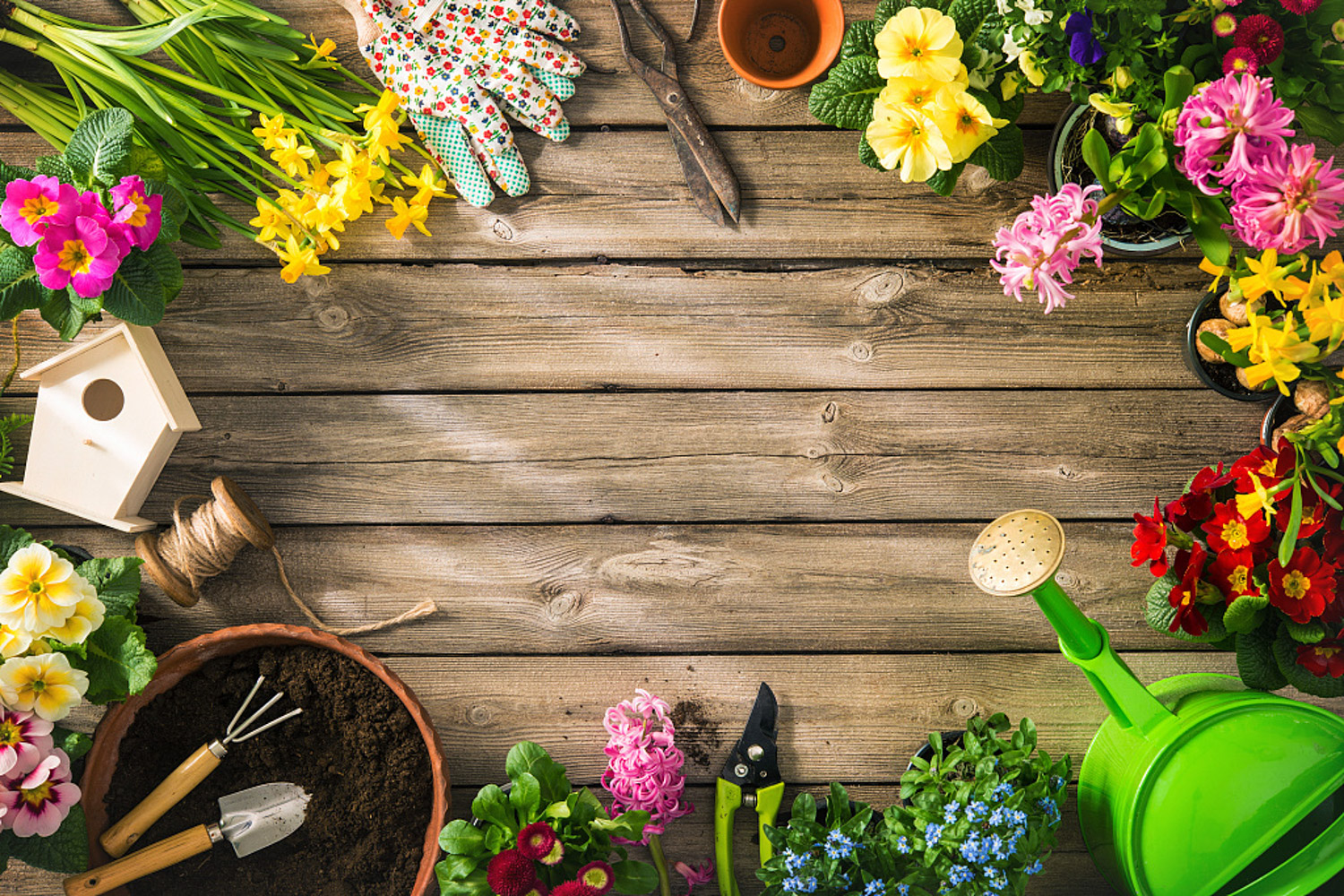
Key points of maintenance:
Indoor astigmatism environment is the best for raising flowers. Do not water until the soil on the surface is dry. When changing pots in spring and autumn, apply base fertilizer, which can be fried melon seeds or hemp seeds
Air purification all-round player
1. Aloe Vera
Aloe is a natural air purifier. A basin of aloe that receives 4 hours of light can eliminate 90% formaldehyde in 1 square meter of air. Moreover, it can not only kill some harmful microorganisms in the air, absorb dust and dust, but also absorb harmful substances such as sulfur dioxide, carbon monoxide and formaldehyde

Key points of maintenance:
Drought resistant, usually see the basin soil surface dry before watering. It is very shade resistant, but more sun exposure will make it grow faster
2. Chlorophytum
In a room of 8-10 square meters, Chlorophytum is equivalent to an air purifier, which can absorb harmful gases such as carbon monoxide, formaldehyde and nitrogen peroxide in the air

Key points of maintenance:
Chlorophytum is shade resistant and suitable for indoor cultivation. It is usually watered once every 1-2 weeks. Sprinkle a few grains of urea or slow-release fertilizer every month, or bean cake fertilizer retted by yourself
3. Hupilan
A pot of hupilan can absorb 80% of the harmful gases in an ordinary room. 2 pots of hupilan can completely purify the air in the room. It can be called a "pollution expert"

Key points of maintenance:
Hupilan is drought resistant and easy to rot, about 2-3 times a month. The soil is mixed with more sand without ponding

 how many times do yo...
how many times do yo... how many planted tre...
how many planted tre... how many pine trees ...
how many pine trees ... how many pecan trees...
how many pecan trees... how many plants comp...
how many plants comp... how many plants can ...
how many plants can ... how many plants and ...
how many plants and ... how many pepper plan...
how many pepper plan...